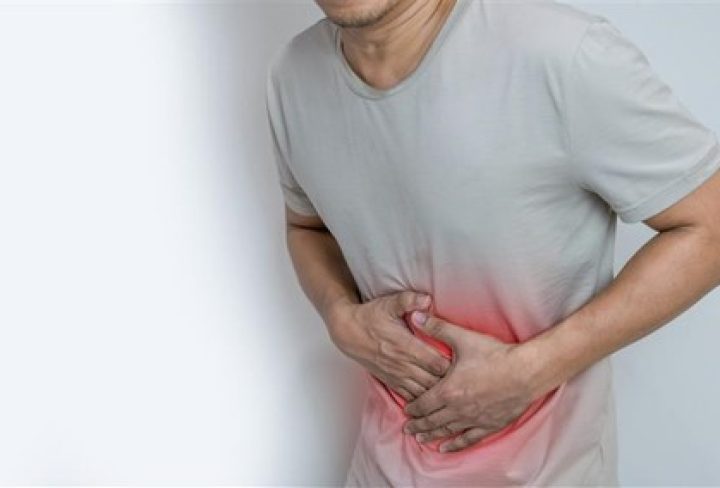Q1: What are gallstones?
A: Gallstones are hardened deposits that form in the gallbladder, composed of substances like cholesterol or bilirubin.
Q2: What causes gallstones?
A: Gallstones can be caused by factors such as an excess of cholesterol or bilirubin in the bile, gallbladder motility issues, genetics, obesity, rapid weight loss, and certain medical conditions.
Q3: What are the symptoms of gallstones?
A: Common symptoms include abdominal pain (biliary colic), nausea, vomiting, bloating, jaundice, clay-colored stools, and dark urine.
Q4: How are gallstones diagnosed?
A: Diagnosis typically involves a medical history review, physical examination, blood tests, and imaging techniques like ultrasound, CT scan, or MRI to visualize the gallbladder and confirm the presence of gallstones.
Q5: Can gallstones go away on their own?
A: Gallstones usually do not go away on their own. Medical intervention is often required to manage symptoms and prevent complications.
Q6: What are the treatment options for gallstones?
A: Treatment options include medications to dissolve gallstones, surgical removal of the gallbladder (cholecystectomy), or minimally invasive procedures to break up or remove the stones.
Q7: Can gallstones recur after treatment?
A: In some cases, new gallstones can form if underlying causes are not addressed. However, removal of the gallbladder typically eliminates the recurrence of gallstones.
Q8: Can I prevent gallstones?
A: While it’s not always possible to prevent gallstones, maintaining a healthy weight, eating a balanced diet, staying hydrated, and avoiding rapid weight loss or crash diets may help reduce the risk.
Q9: Can gallstones lead to complications?
A: Yes, untreated gallstones can lead to complications such as infection, inflammation, blockage of bile ducts, pancreatitis, and more serious conditions in rare cases.
Q10: When should I seek medical attention for gallstones?
A: It is important to seek medical attention if you experience severe or worsening abdominal pain, fever, jaundice, or other concerning symptoms associated with gallstones.
Consult your doctor to know more about the condition and treatment options suitable for you.

